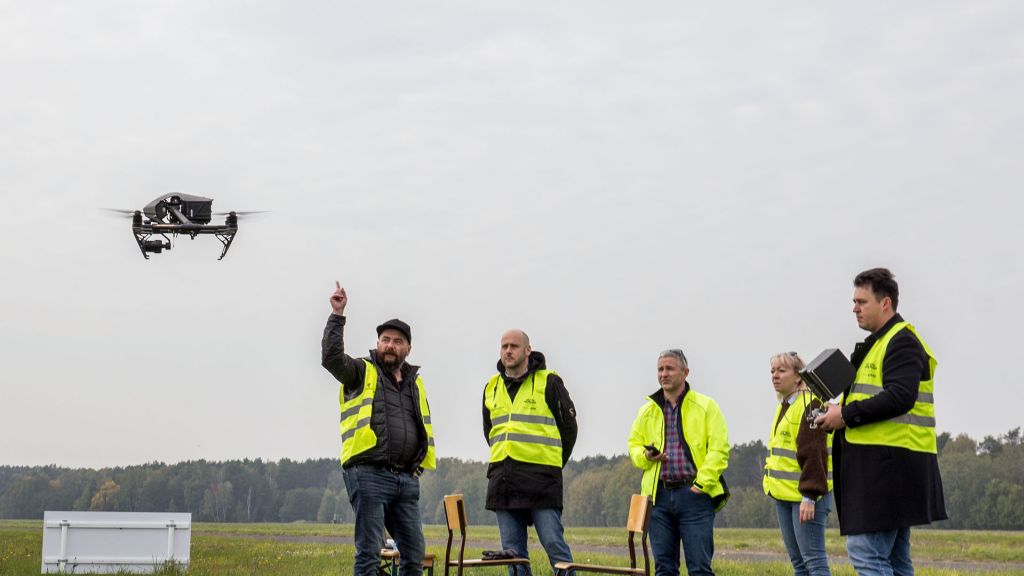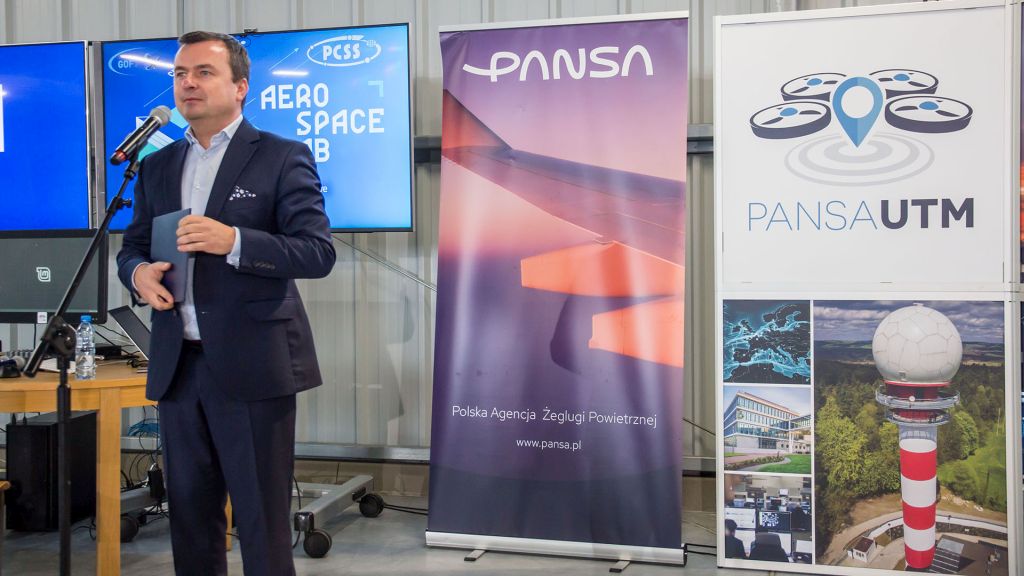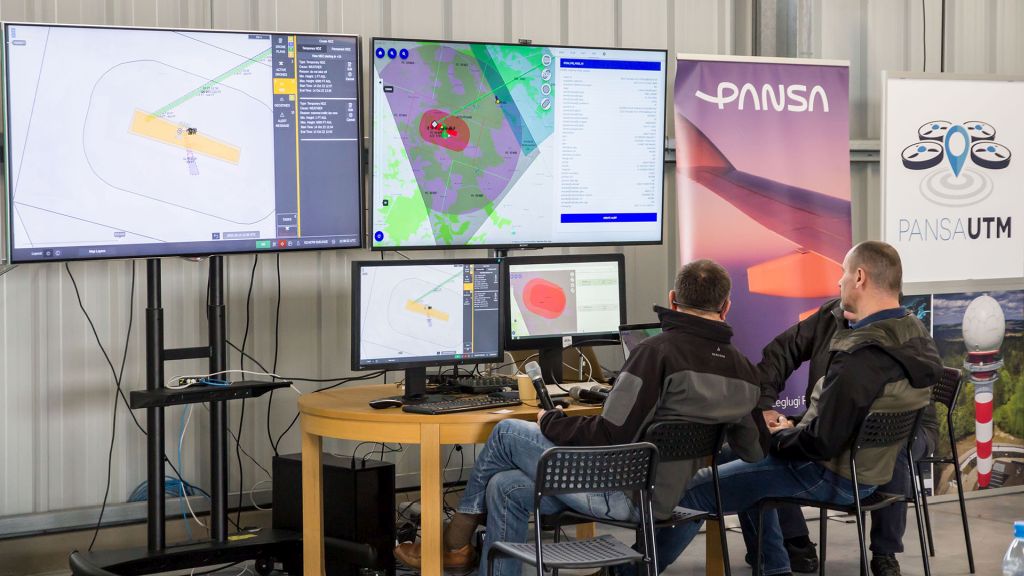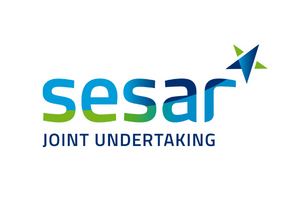In October this year, the airport in Kąkolewo near Grodzisk Wielkopolski hosted the final drone test flights implemented as part of the second edition of the GOF 2.0 project (under the auspices of the European research and development consortium SESAR JU), in which the Polish Air Navigation Services Agency participates. The goal of the initiative is the safe and sustainable integration of unmanned aircraft operations in urban airspace.
The tests in Poland successfully demonstrated, among other things, deconfliction in time and space, which allowed several drone operators, electrically powered vertical takeoff aircraft (eVTOLs) and manned aviation pilots to carry out their missions in parallel despite crossing flight trajectories.
The two-day event at the Airport in Wielkopolska voivodship was organized by the Poznań Supercomputing and Networking Center supported by the Polish Air Navigation Services Agency. It was attended by representatives of the consortium, of 15 entities that are part of the SESAR JU “GOF 2.0 Integrated Urban Airspace Validation” initiative. In addition to the ability to conduct deconfliction in time and space, the demonstrations allowed to identify the best methods of digital data exchange between different actors – air traffic services, UAV operators, UAV flight coordination service providers. As a result, holistic situational awareness of manned and unmanned flight operations was ensured.


– As early as in January 2023, new U-space regulations will come into force, which will set the framework for unmanned traffic in the European Common Space and its integration with manned traffic. The GOF 2.0 project provides many valuable insights into how the integration process should be implement, while maintaining the level of safety, security or ongoing operations in the airspace. For PANSA, the project has helped to gain knowledge on how to use the existing capabilities of the PansaUTM ecosystem in the design of U-space solutions – commented Tomasz Prarat, Deputy Operations Director – UAV, PANSA.
The results of the project were made available to a wider audience, including representatives of business, local governments and academia, during an open day “Integrated Urban Air Mobility Forum.” Participants could learn about the assumptions and results of the project, listen to an inspiring panel discussion with representatives of GZM, PSNC, Ehang, PANSA, Creotech, Polish Chamber of Unmanned Systems, CAFA Tech, DroneRadar and VTT Technical Research Centre of Finland, as well as to see the operational performance of the presented systems during organized test flights.

In 2022 the demonstrations were carried within the GOF 2.0 project in Austria, Estonia and Finland. The project has received funding from the SESAR 3 Joint Undertaking under the European Union’s Horizon 2020 research and innovation programme under grant agreement No 101017689.



| Cookie | Duration | Description |
|---|---|---|
| cookielawinfo-checbox-analytics | 11 months | This cookie is set by GDPR Cookie Consent plugin. The cookie is used to store the user consent for the cookies in the category "Analytics". |
| cookielawinfo-checbox-functional | 11 months | The cookie is set by GDPR cookie consent to record the user consent for the cookies in the category "Functional". |
| cookielawinfo-checbox-others | 11 months | This cookie is set by GDPR Cookie Consent plugin. The cookie is used to store the user consent for the cookies in the category "Other. |
| cookielawinfo-checkbox-necessary | 11 months | This cookie is set by GDPR Cookie Consent plugin. The cookies is used to store the user consent for the cookies in the category "Necessary". |
| cookielawinfo-checkbox-performance | 11 months | This cookie is set by GDPR Cookie Consent plugin. The cookie is used to store the user consent for the cookies in the category "Performance". |
| viewed_cookie_policy | 11 months | The cookie is set by the GDPR Cookie Consent plugin and is used to store whether or not user has consented to the use of cookies. It does not store any personal data. |